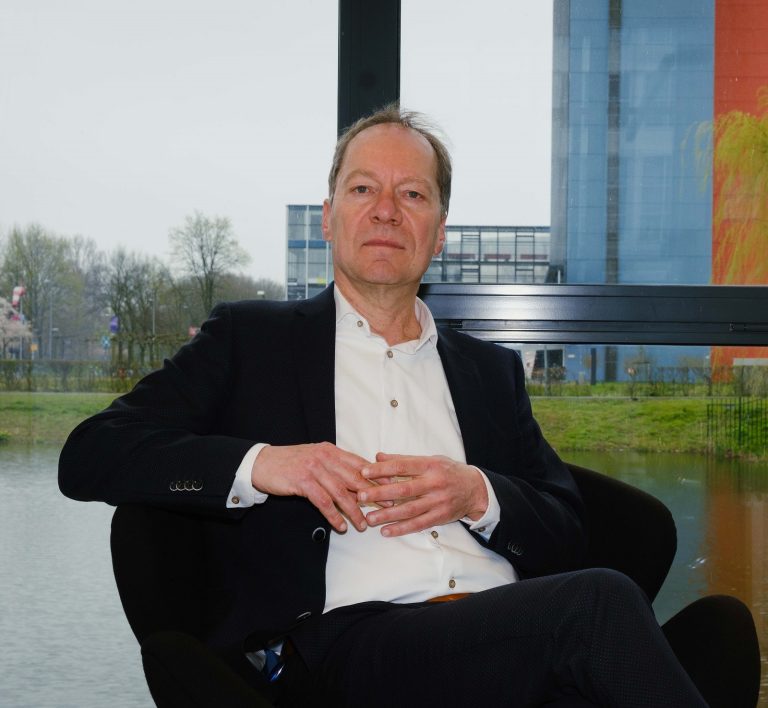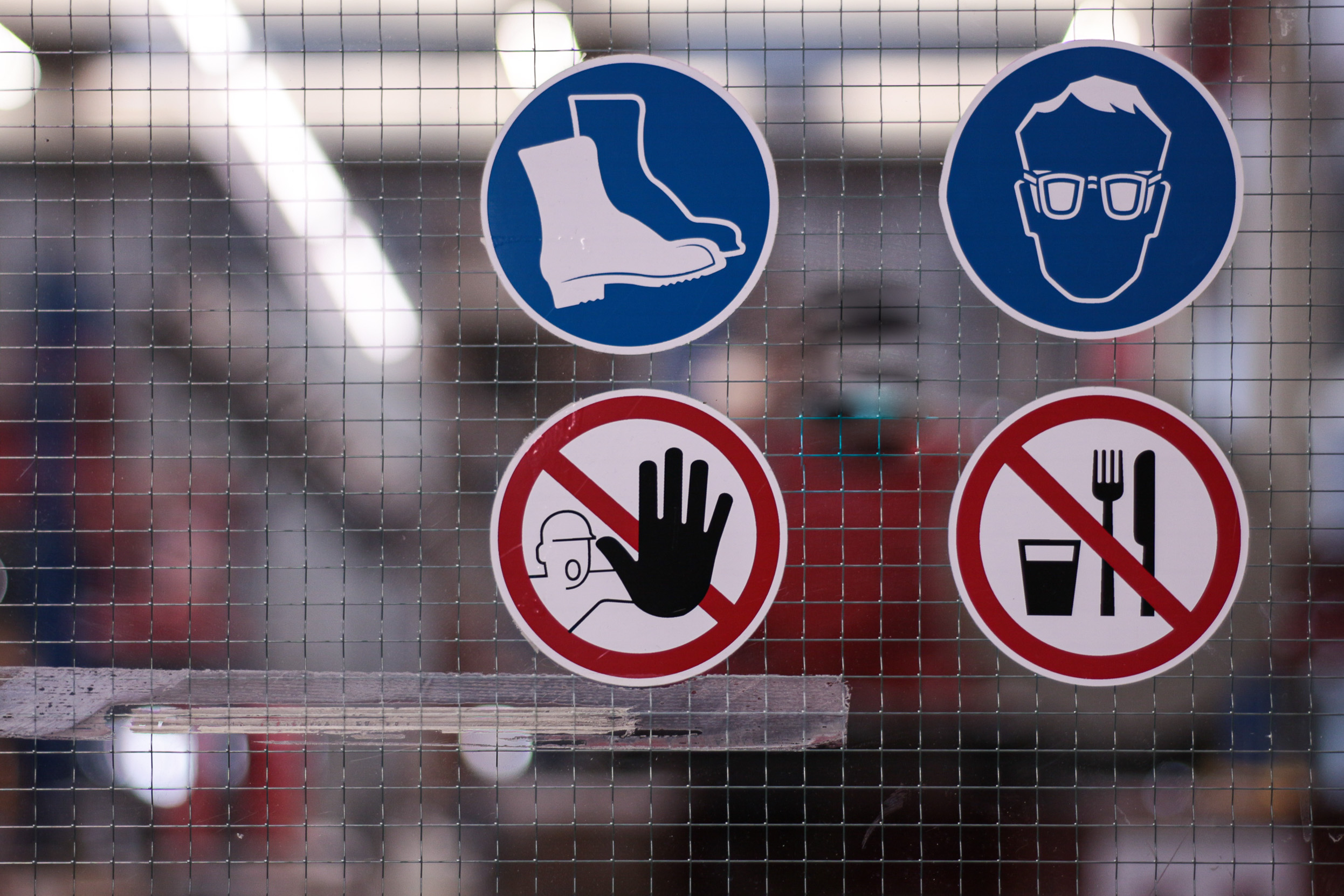Which universities abroad is it not advisable for TU Delft staff to work with and on what subjects? A new intranet site answers questions about knowledge security.
(Photo: Justyna Botor)
TU Delft launched an intranet site on knowledge security on 11 April. The site contains information and tools for academics that are doing or want to do research with external parties such as companies in the Netherlands and abroad, and international knowledge institutions. It should help them determine which partners they should collaborate with and under what circumstances.
The site is the latest step taken in the professionalisation process that TU Delft is undertaking in relation to knowledge security. The starting point is of the process is that knowledge and research data must be protected from powers that want to use them in their own interests – sometimes militarily – or from companies that want to exert influence over academic publications. However, it does not mean that potentially risky partnerships are automatically banned. The idea is that the final decision rests with the researchers and the faculties, but that they have help in reaching that decision. (The article continues under the video)
Guidance
The types of support available are listed on the intranet site. One of these is an advisory team of five people set up in September 2022 that advises researchers and deans upon request. The team is assisted by two observers from the Integrity Office and the Safety and Security Department. In the near future each faculty will have coordinators to help.
Peter Weijland, Programme Director for Knowledge Security & International Partnerships, explains that his team initially received five to 10 questions every week, but that this figure has risen to about 20. “These are questions such as: ‘what should I be aware of if I want to work with a university in a risky country such as Iran and China’; ‘what requirements are there for attracting PhD candidates or postdocs from abroad’; or ‘what should we not bring with us if we go abroad with a delegation’.” According to Weijland, the team issues negative advice ‘a couple of times a week’. “It is then up to the researcher and the dean to check if protective measures need to be taken.”
‘This is ‘obligatory material’ for all researchers’
A ‘Guidance’ of the Advisory Team was also established in December 2022 through which researchers can check if their intended partnership brings potential risks and what they can do if this is the case. With the launch of the intranet site, this is now accessible for all TU Delft staff members. The Guidance consists of seven questions ranging from illegal (‘is the institution on the EU sanctions list?’) to morally complex (‘does the prospective partnership involve ethical or moral dilemmas?’). “Should the answer to any of these questions be yes, then it should either not proceed or you need to take measures,” explains Weijland.
 Peter Weijland: “We are looking for committee members and cases.” (Photo: Jaden Accord)
Peter Weijland: “We are looking for committee members and cases.” (Photo: Jaden Accord)
Ethical dilemmas can be complex. For this reason the Faculty of Electrical Engineering, Mathematics and Computer Science (EEMCS) ran a test with a so-called moral deliberation. This is a meeting lasting a few hours in which co-researchers and other experts sit with a researcher that is struggling with an ethical dilemma and think through various core values such as security and academic freedom.
Weijland expects the anonymous report to be made public within a month, but he can already say that there will be a follow-up. “The pilot will be available for all faculties and will not only cover knowledge security, but also collaboration with certain industries. We are now looking for committee members and cases.”
Weijland thinks the intranet site should be ‘obligatory material’ for all researchers as he believes that they should all be aware of issues concerning knowledge security. So why should all the information not be on the internet so that external people can also benefit? “We plan to do this in the future, but for now we first want to answer questions and check internal responses before we go external.”
Do you have a question or comment about this article?
s.m.bonger@tudelft.nl


Comments are closed.